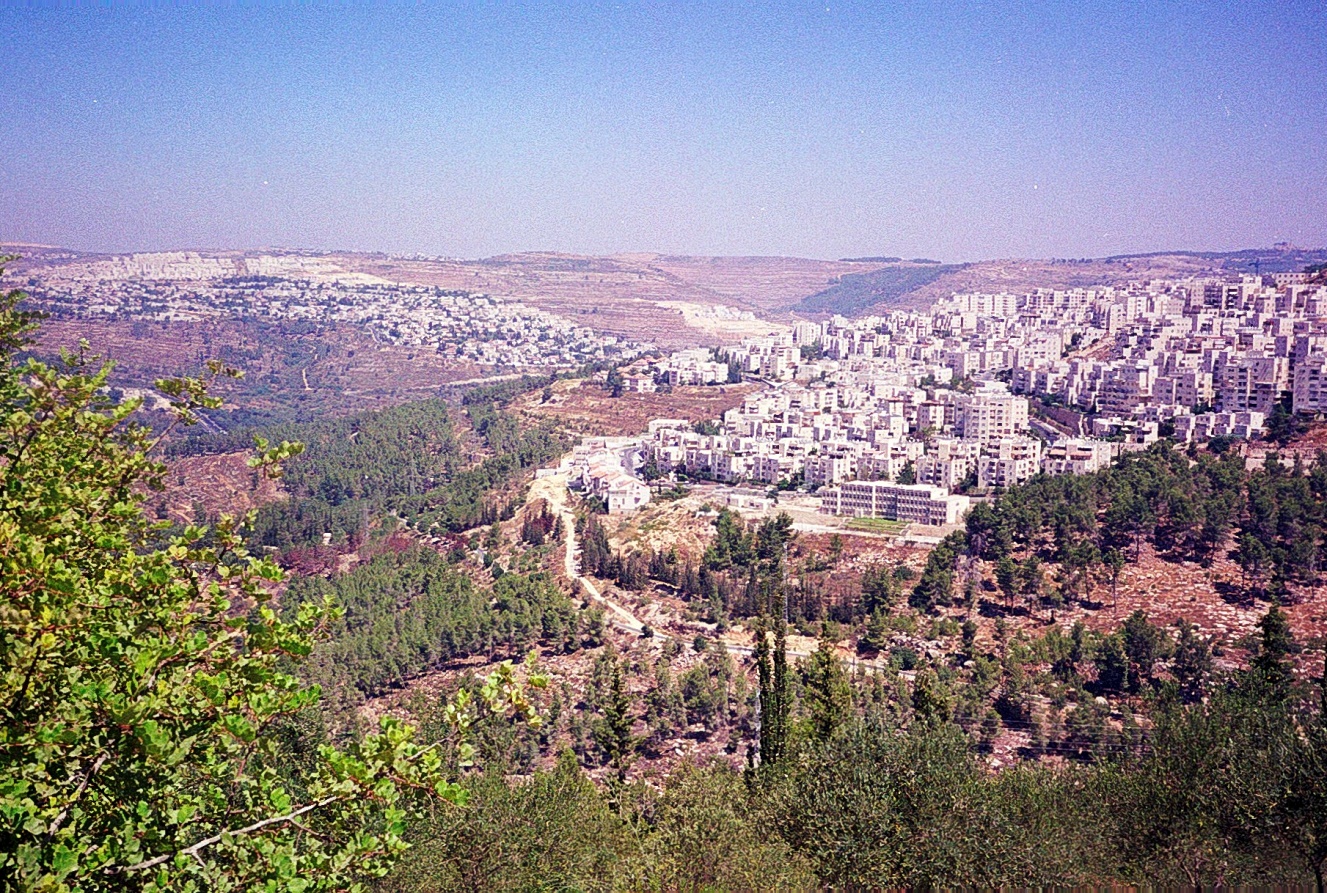15 July. David flees to the sanctuary at Nob
“David went to Nob to see Ahimelech the priest. Ahimelech shook with fear when he saw David, and he asked, ‘Why are you alone? Why is no one with you?’”
“David answered him, ‘The king gave me a special order. He told me, “No one must know what I am sending you to do or what I told you to do.” I told my men where to meet me. Now, what food do you have with you? Give me five loaves of bread or anything you find.’”
“The priest said to David, ‘I don’t have any plain bread here, but I do have some holy bread. You may eat it if your men have kept themselves from women.’”
“David answered, ‘No women have been near us for days. My men always keep themselves holy, even when we do ordinary work. And this is especially true when the work is holy.’”
“So the priest gave David the holy bread from the presence of God because there was no other. Each day the holy bread was replaced with hot bread."
“One of Saul’s servants happened to be there that day. He had been held there before the LORD. He was Doeg the Edomite, the chief of Saul’s shepherds.”
“David asked Ahimelech, ‘Do you have a spear or sword here? The king’s business was very important, so I left without my sword or any other weapon.’ The priest answered, ‘The sword of Goliath the Philistine, the one you killed in the Valley of Elah, is here. If you want it, you may take it. There’s no other sword here but that one.’ David said, ‘There is no other sword like it. Give it to me.’”
(1 Samuel 21:1-9)

David, having been warned of King Saul’s murderous intent by his son Jonathan, fled to the holy sanctuary at Nob, where he sought out Ahimelech the priest for some food (see 5 on the map on 8 July). The sanctuary (which housed the Ark of the Covenant) appears to have been moved from Shiloh to Nob after the Ark was captured by the Philistines at the battle of Ebenezer (see 1 Samuel 4:1-11), probably after it had spent 20 years at Kiriath Jearim (see 1 Samuel 7:1-2).
As there was no ordinary bread available at the sanctuary, Ahimelech felt obliged to give David and his men the consecrated ‘shewbread’ to eat. The ‘shewbread’ (or ‘showbread’) was a permanent display of twelve freshly-baked loaves, representing the presence of God (see Exodus 25:23-30) and showing God’s bountiful provision of food to the twelve tribes of Israel.
No wonder Abimelech shook with fear, because It was quite unprecedented for this bread to be eaten by anyone other than the priests, as there were strict ritual purity laws that had to be observed before eating this holy bread (see Leviticus 21:1-9). One of the purity laws required the priests not to make themselves ‘ritually unclean’ by having sexual relationships with a woman (see Leviticus 15:18-24).
In the New Testament, Jesus referred to this incident when he was accused of breaking God’s law by the Pharisees for allowing his followers to pick and eat grains of wheat on the Sabbath day when they were hungry. Pointing out that David had also ‘broken God’s law,’ Jesus said to the Pharisees, “Have you not read what David did when he and the people with him were hungry? He went into God’s house, and he and those with him ate the holy bread, which was lawful only for priests to eat.” (Matthew 12:3-4).
The location of Nob is uncertain, though it is known to have been in the vicinity of Jerusalem. The photo shows the Judaean Hills west of Jerusalem.
You can read more about David @ https://www.thebiblejourney.org/biblejourney2/30-israel-becomes-a-kingdom-under-saul-and-david/saul-becomes-jealous-of-david/
